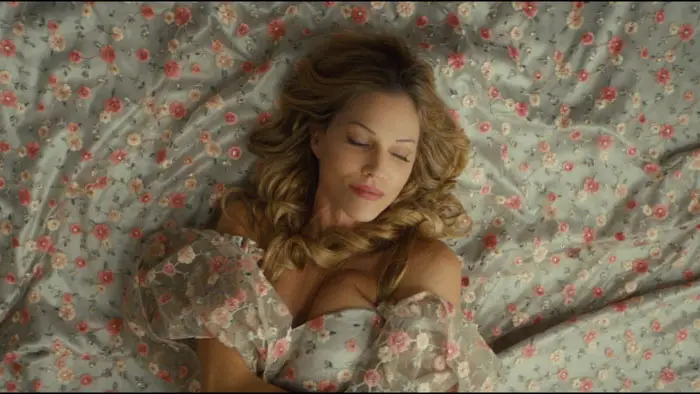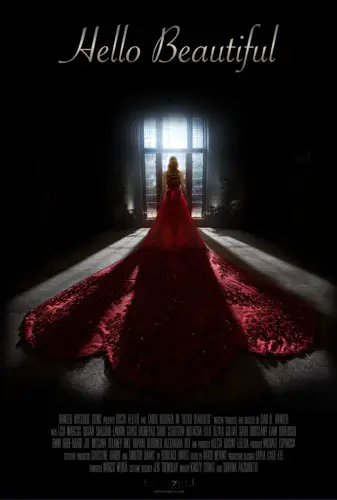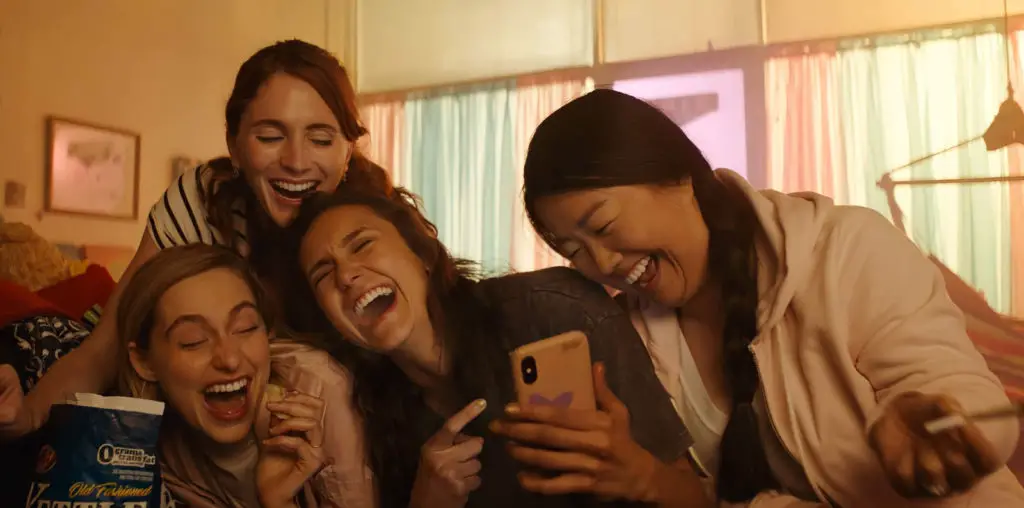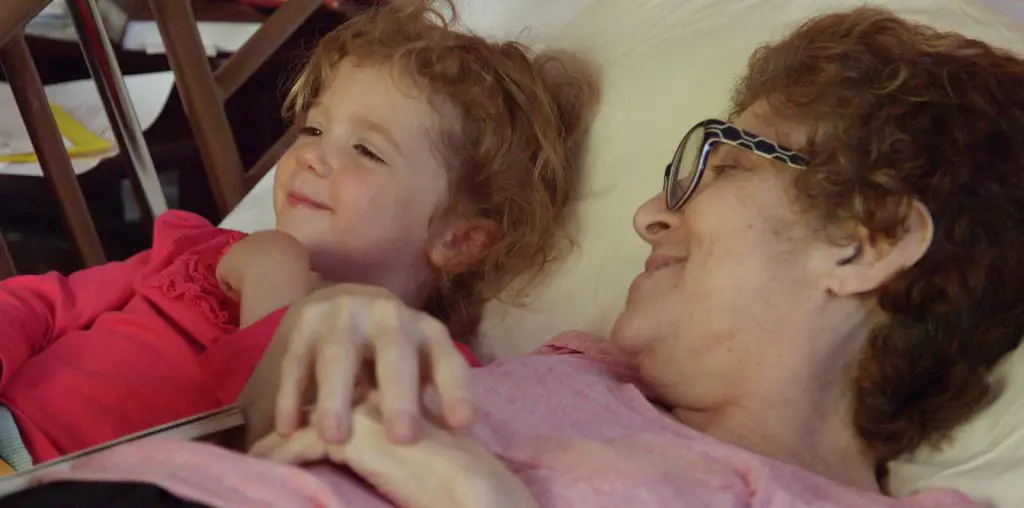
Author Ian Fleming once wrote, “You only live twice. Once when you are born and once when you look death in the face.” Few lines better frame the emotional ground of Hello Beautiful than Fleming’s reflection on mortality and transformation. Based on Christine Handy’s semi-autobiographical novel Walk Beside Me, the film is a declaration of survival. It follows Willow, a supermodel played by Tricia Helfer at the height of her fame, whose carefully curated identity begins to unravel after a breast cancer diagnosis. As she faces down her fears and sheds the persona built on beauty and control, the film asks: Who are we when all we’ve used to define ourselves is gone?
Hello Beautiful belongs to a group of films that explore women confronting mortality. It echoes the emotional urgency of Agnès Varda’s 1962 classic Cléo from 5 to 7, which follows a glamorous singer awaiting biopsy results. Like Cléo, Willow begins her story in a world—of appearances, image, and admiration—and is forced inward by illness. In both films, cancer is not just a medical crisis but a rupture, forcing the sufferer to look at herself.
But where Cléo is restrained, even meditative, Hello Beautiful often opts for the emotionally obvious. Its heart is clearly in the right place—Christine Handy has spoken about her desire to shift cancer narratives away from tragedy and into hope—but the script leans hard on convention. From inspirational speeches about inner warriors to one-dimensional support characters, the film is too often content to tell us how to feel rather than letting emotion emerge.

Screenshot
“Cancer is not just a medical crisis but a rupture.”
Tricia Helfer brings a type of dignity to Willow, grounding her pain and transformation in something real, even when the dialogue strains under its own cliches. Lovely try by her that doesn’t quite hit the right notes except towards the end of the picture particularly with a moment of resignation.
The supporting cast, portraying the close-knit circle of friends and family that hold Willow up, manages to inject humanity into roles that sometimes feel more symbolic than fully formed. The subplot with Willow’s teenage daughter—navigating identity, loss, and being assaulted by her boyfriend offers potential. Still, it becomes a caliche moment for literally perhaps the worst husband role in a film of this nature, played by Tarek Bishara. The poor guy gets saddled with crushingly poor dialogue and is stilted at times. A subplot of Willow’s family being Arabic, which should have been developed, is mentioned in passing with different family values of who should be the main breadwinner yet is reduced to a touch-talking mother figure and insults.
In comparison to Charlotte Gainsbourg’s Jane by Charlotte, a documentary about her mother’s final years, Hello Beautiful feels more scripted and polished. Gainsbourg lingers in silence and uncertainty; Hello Beautiful often rushes to uplift. One lets grief breathe, the other tries to manage it.
And yet, Hello Beautiful finds its voice—finally and powerfully—in its closing moment. The final shot of Willow, revealing the aftermath left by her surgery, is unflinching, just a body that has endured. It’s a devastating, honest image that cuts through the gloss and sentiment. It’s not a metaphor. It’s not a lesson. It’s true.
In that moment, Hello Beautiful delivers the raw clarity it’s been reaching for all along. This is a film about inspiration and helping others who perhaps are suffering from this insidious disease.

"…a declaration of survival..."


